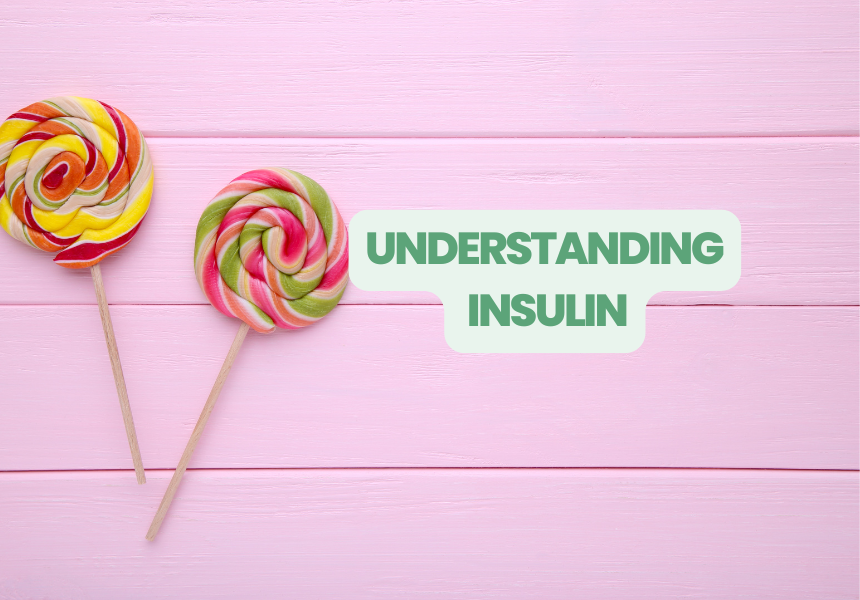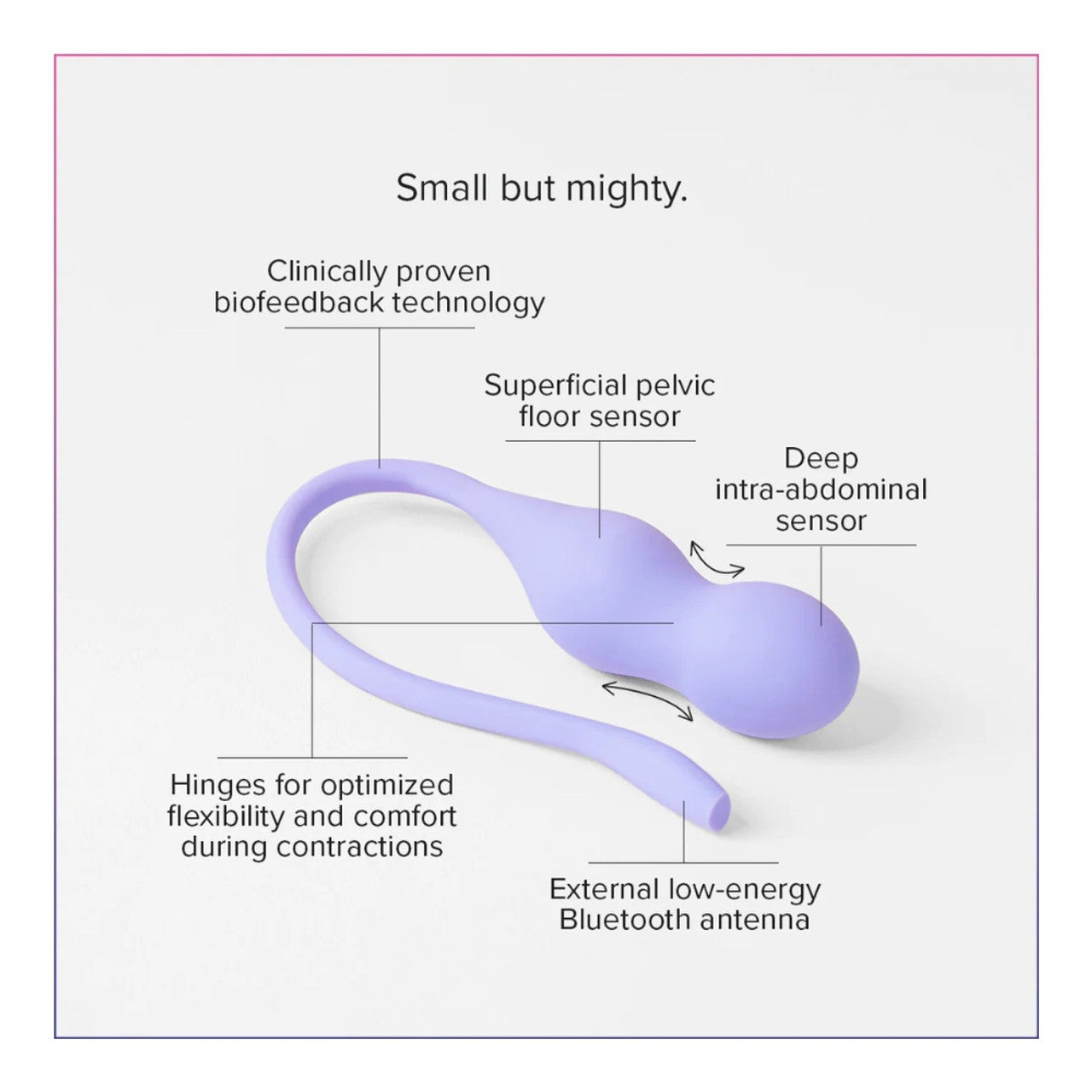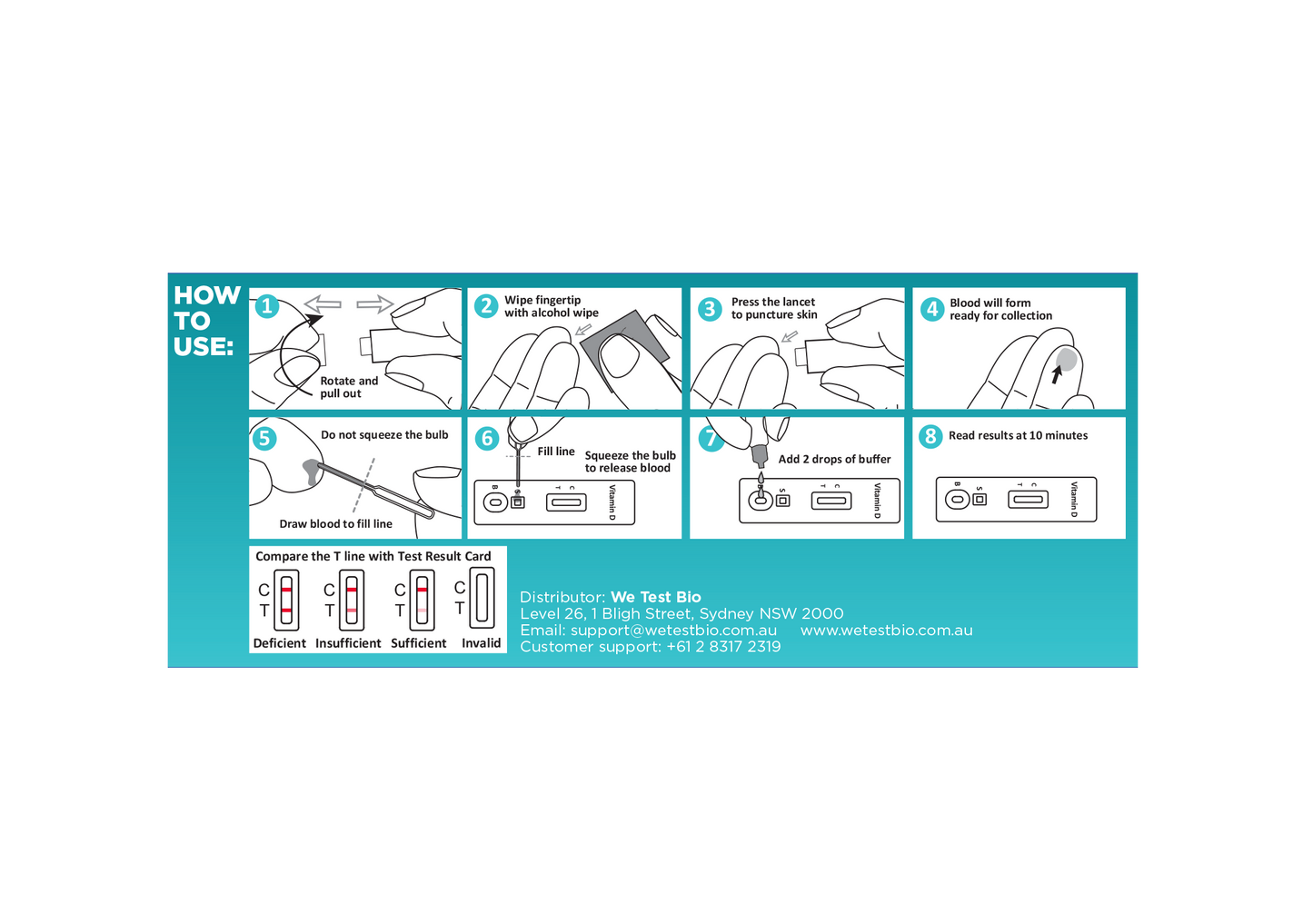
A GUIDE TO UNDERSTANDING INSULIN
What is it:
When we eat foods containing carbohydrates, like bread, rice, or fruits, our body breaks down these carbs into glucose during digestion.
Insulin is a natural hormone that is produced by the pancreas. It has the important job of controlling how our body uses and stores this glucose (or blood sugar).
It is vital part of our metabolism.
How Does It Work:
You can think of insulin being like a little key that allows glucose to enter cells throughout our bodies.
After we have eaten, insulin is secreted into our bloodstream, it works with the liver, fat, and muscles. Together they perform a balancing act, moving glucose in and out of the bloodstream.
Glucose can either be used immediately for energy, stored as glycogen for future energy needs, or converted into fat if glycogen storage is full.
This system ensures that the body has enough energy while keeping blood sugar levels at healthy levels.
Does Insulin Cause Hunger?
In the case of a “normal” functioning body (i.e., normal insulin functioning), hunger isn’t really affected by the body’s blood sugar level management (diabetics may differ).
When you go a few hours without eating, blood sugar levels do go down. But if you have a “normal” functioning pancreas, it releases a hormone called glucagon to make up for the absence of food. This hormone tells your liver to process the stored sugars and release them into your bloodstream.
If everything works as it should, your blood sugar levels should remain in the normal range until your next meal.
Carbohydrates, Insulin, and Blood Sugar
Eating carbohydrates raises blood sugar levels as they are broken down into glucose. This is a normal process that provides our bodies with energy. However, when we consume too many carbs over a prolonged period, problems can arise, leading to disruptions in blood sugar regulation and insulin function.
Over time, as glucose levels persistently stay elevated, insulin levels can also remain high. This can create a challenge for insulin in its role of managing glucose levels in the bloodstream. Cells may become less receptive to insulin's efforts to transport glucose, leading to insulin resistance.
When cells become resistant to insulin, it makes it harder for insulin to do its job, resulting in consistently elevated blood sugar levels over time.
Consistently high blood sugar levels can contribute to various health issues, including weight gain, pre-diabetes, and potentially type 2 diabetes.
What is Pre-Diabetes:
Prediabetes means your blood glucose levels are higher than normal but not high enough to be diagnosed as diabetes. It usually occurs in people who already have some insulin resistance or whose pancreas aren’t making enough insulin to keep blood glucose in the normal range. Without enough insulin, extra glucose stays in your bloodstream rather than entering your cells. Over time, you may become at risk of developing type 2 diabetes.
What is Diabetes:
- Type 1 diabetes, is an autoimmune condition where the body's immune system attacks and destroys the insulin-producing cells in the pancreas. This leads too little to no insulin production, requiring lifelong insulin therapy. It typically develops during childhood.
- Type 2 diabetes,is characterised by insulin resistance, where the body's cells do not respond effectively to insulin, leading to elevated blood sugar levels. It is often associated with lifestyle factors such as obesity, physical inactivity, and poor diet. Management involves lifestyle changes, medications, or insulin therapy, and it is commonly diagnosed in adults, though increasingly seen in younger populations due to rising obesity rates. THIS CAN BE CONTROLLED BY A BALANCED DIET AND EXERCISE
Strategies for Healthier Living: Managing Insulin Resistance and Prediabetes
Lifestyle changes can lower your chances of developing insulin resistance or prediabetes.
- Opt for wholefood options to prioritise nutrient-rich choices over processed foods.
- Choose complex, lower GI carbs, such as whole grains, legumes, and vegetables, which are digested more slowly, leading to steadier blood glucose levels throughout the day.
- Incorporate protein, healthy fats, and fibre-rich foods like vegetables, lentils, and beans to aid in digestion and slow the absorption of carbohydrates into the bloodstream.

- Exercise
Engage in regular physical activity to boost insulin sensitivity and promote efficient blood sugar utilisation by muscles, resulting in lower blood sugar levels. To get more energy, click here for our energy products.
- Prioritise Quality Sleep
Ensure adequate, restorative sleep to support stable blood sugar levels and contribute to a healthy weight. Poor sleep patterns can disrupt essential metabolic hormones, potentially leading to insulin resistance.
Click here for our Sleep Supplements.
- Hydration is Key
Stay hydrated throughout the day by drinking water and zero-calorie beverages to help reduce blood sugar levels and mitigate the risk of diabetes. Avoid sugary drinks that can contribute to elevated blood sugar levels.

- Try to manage your Stress levels
Implement stress-reduction techniques such as exercise or relaxation methods like yoga to help regulate blood sugar levels and promote overall well-being. Managing stress effectively can positively impact metabolic health and insulin sensitivity. Join our next Aviiana Wellness Program.

If you are experiencing menopause or are worried that this might become an issue for you in the future, it’s time to get informed. Check out The Aviiana Wellness Program to get access to more menopause-related information, ongoing support and more!
x Katie Lyons
Katie is a Precision Nutrition & Cert IV Weight Management qualified nutrition coach. She specialises in menopause nutrition and is passionate about helping women navigate the challenges of hormonal changes during perimenopause and menopause. She believes changing food behaviours is almost never just about the food. Your mindset, self-talk, habits, behaviours, and emotional awareness/management all interconnect with each other and play significant roles in your weight management journey. With her guidance, you can learn how to make sustainable lifestyle changes that will help you achieve your goals and feel your absolute best!
For more information about Diabetes check out the following links from National Diabetes Services Scheme.
Understanding pre-diabetes (ndss.com.au)
Understanding type 1 diabetes fact sheet (ndss.com.au)
Understanding type 2 diabetes (ndss.com.au)
Insulin Resistance: What It Is, Causes, Symptoms & Treatment (clevelandclinic.org)


















